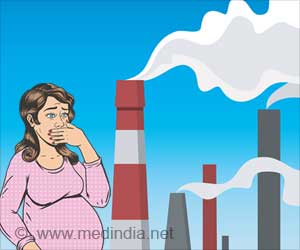Ecologists have suggested that as a result of global warming, species will shrink in size, as bigger creatures will have more problems losing heat.
Ecologists have suggested that as a result of global warming, species will shrink in size, as bigger creatures will have more problems losing heat.
Though the effects of the climate change are likely not to be seen for many more years, it is important to consider how to preserve larger species right now."Our collective actions are negatively affecting body sizes of many living species," Kaustuv Roy, a biologist at the University of California in San Diego, told New Scientist.
It is well-known that humans tend to hunt or fish larger animals, creating a selective pressure that favours the smaller ones that can reproduce while they are still small.
Several species of cod are smaller as a result of pressures of the fishing industry.
The degradation of natural environments around the world is having the same effect by limiting the amount of food available to animals, meaning smaller animals that need less food have a head start.
But, according to Roy, there is another factor that threatens the world's most impressive animals.
Advertisement
The temperature-size rule, also known as Bergmann's rule, says that species size increases with latitude: they tend to be smaller in the tropics, and larger closer to the poles.
Advertisement
Conversely, smaller species radiate their heat more easily and so are better adapted to living in warm temperatures.
There is also some experimental evidence that rearing animals in higher temperatures generally results in smaller individuals.
"In effect, our actions have set up a grand selection experiment where bigger is no longer better," said Roy, who has also shown that species evolve faster in cooler temperatures.
"It makes sense to be bigger when it's colder," said Wendy Foden, a biologist at the World Conservation Union who is studying the effects of climate change on species. "As the world gets warmer, the converse will happen, species will shrink," she added.
According to Foden, the most likely place to spot an animal that has shrunk in size because of global warming would be in an environment that has already experienced significant warming, and among species with short generation times.
Source-ANI
SRM










